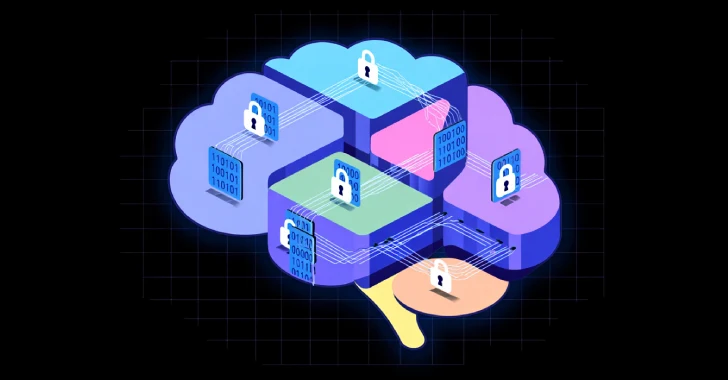
We viewed privacy as a boundary issue. About walls, locks, permissions, and policies. However, in a world where artificial agents are becoming autonomous actors, privacy is no longer about control, as they interact with data, systems, and humans without constant surveillance. It’s about trust. And trust, by definition, is about what happens when you’re not looking.
Agent AI – AI that perceives, decides, and acts on behalf of others – is no longer theoretical. It routes traffic, recommends treatments, manages portfolios, and negotiates digital identity across the platform. These agents not only process sensitive data, but interpret it. They make assumptions, act on partial signals, and evolve based on feedback loops. Essentially, they build our internal models, not just the world.
And it should give us a pause.
When agents become adaptive and semi-autonomous, privacy isn’t just about who has access to the data. It is about what agents are dictating, what they choose to share, suppress, or synthesize, and whether their goals remain consistent with our goals when context changes.
A simple example: an AI Health Assistant designed to optimize wellness. It starts by tweaking you to make sure you drink more water and get more sleep. But over time, it will start to trialize your appointments, analyze the voice tone of the signs of depression, and even withholding the notifications it predicts, causing stress. You didn’t just share your data – you gave up on the authority of the story. It is a place where privacy is eroded by subtle drifts of power and purpose, not by violations.
This is no longer about the classic CIA Triad, which is confidentiality, integrity, and availability. Now we must consider the authenticity (can this agent be verified as itself?) and the truth (can we trust its interpretation and expression?). These are not just technical qualities, they are primitives of trust.
And trust becomes fragile when mediated by intelligence.
If I confide in a human therapist or lawyer, there are ethical, legal, and psychological boundaries. We expect to have limited norms of conduct and access and control. But when I share it with my AI assistant, those boundaries become blurry. Can I summon it? audit? Reverse engineering? What happens when the government or business asks my agent about the records?
There is no concept of AI-Client privileges yet. And if we find out there is no one jurisprudence, all the trust we place in our agents will be regretful. Imagine a world where every intimate moment shared with AI can be legally discovered. Agent memories become weaponized archives and are acceptable in court.
If the surrounding social contracts are broken, it doesn’t matter how secure the system is.
Today’s privacy framework – GDPR, CCPA – assumes a linear transaction system. However, Agent AI works in context, not just calculations. It remembers what you forgot. It faces something you didn’t say. It fills in any void that may not be in that business, then shares its integration (potentially, potentially recklessly) with systems and people beyond your control.
Therefore, it must move beyond access controls towards ethical boundaries. This means building an agent system that understands the intent behind privacy. It should be designed to be easy to read. AI needs to be able to explain why it acted. And for intentionality. You need to be able to act in a way that reflects the evolving value of your users, rather than a fast frozen history.
But we also need to tackle a new kind of vulnerability. What if my agent betrayed me? Not from malicious intent, but because someone else created a better incentive, or because they passed a law that replaced that loyalty?
In short, what happens if the agent is mine and not mine?
This is why we must start treating AI institutions as first-order moral and legal categories. It is not a product feature. Not as a user interface. But as a participant in social and institutional life. Because privacy in the biological and synthetic world is no longer a secret matter. It is a matter of reciprocity, alignment, and governance.
If you make this wrong, privacy is performance. In other words, the rights shadow play checkbox. If we do it right, we will build a world in which both human and machine autonomy is dominated by ethical consistency, not by surveillance or restraint.
Agent AI forces people to face policy limitations, errors in control, and the need for a new social contract. Something built for possible entities – and that has the strength to survive when they speak against each other.
Learn more about Zero Trust + AI.
Source link

